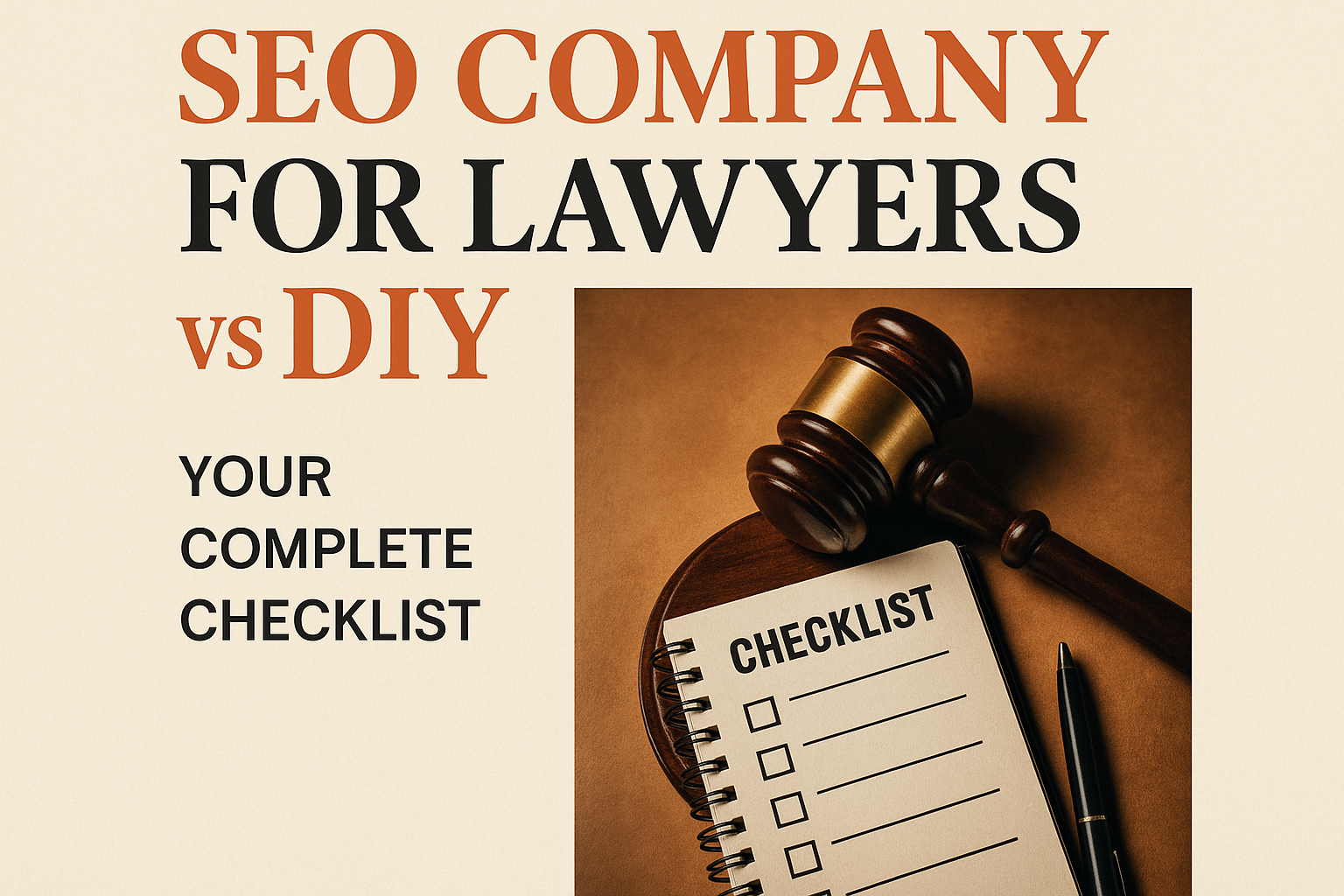Introduction
SEO, or Search Engine Optimization, has become a key element in the world of digital marketing. Many businesses and website owners often ask, “How long does SEO take?” This question doesn’t have a straightforward answer due to the complexity and nature of SEO. However, this article aims to provide some insights into the typical timeline for SEO results and the factors that can influence this timeline.
Understanding SEO
To fully understand the timing of results, it’s important to understand what SEO is. As succinct as possible, its a process that optimizes your website to rank higher in search engine results, making your site more visible to people who are searching for the products or services you offer.
Effective SEO involves a combination of technical optimizations, content creation, and link building.
If you’re looking to really dive the finer details and get a better understanding of it, take a look at a few of our previous posts on the future of SEO and the The History of Search Engine Optimization.
Average Timeline for Results
As a rule of thumb, you can expect to see the fruits of your labor within 4 to 6 months. But remember, this is just an average estimate. Some sites might see results earlier, and for others, it might take a bit longer. One key factor in determining how long it takes for some keywords is how competitive they are.
SEO is a long-term strategy, and it requires consistent and continuous efforts. In the initial stages, you may observe a slow improvement, but with time, the pace picks up, leading to better visibility and increased traffic.
The following video gives you a little more detail on the timeline for SEO results
Factors Influencing Timeline
Several factors influence how long it takes to rank in google for specific keywords:
1. Website Age and Authority: New websites usually take longer to rank because they lack domain authority, a measure of trust and credibility in the eyes of search engines. On the other hand, older websites with established authority can often see quicker results.
2. Quality of Content: High-quality, relevant content that aligns with user intent is favored by search engines. If your content is top-notch, you may see faster results.
3. Competition: If you’re operating in a competitive industry or targeting highly competitive keywords, it will typically take longer to see SEO results.
4. SEO Strategy: Your approach to SEO also matters. A well-planned strategy that targets on-page, off-page, and technical SEO will yield quicker results than a haphazard approach.
5. Page Speed: Page speed is a critical factor in determining your “crawl budget”. Faster sites are crawled more often and can lead to better overall indexing results over time. See our post on why page speed matters for seo for more info on this topic.
Patience is Key
SEO requires patience and persistence to drive the kind of lasting results that makes it the best long term ROI lead source. The key to success is not anything magical, its a combination of optimizing your website, creating high-quality content, building relevant backlinks, and monitoring and tuning your keyword strategy based on your results.
With time and consistency, you will begin to see the fruits of your labor.
Don’t be disheartened if you don’t see immediate results. Stick to your strategy, adjust as necessary, and the results will come.
Conclusion
While it’s difficult to provide a specific timeline, typically you can start seeing meaningful results within 4 to 6 months. However, it’s essential to stay committed to your SEO strategy, knowing that it’s a long-term investment that will pay off in increased visibility, traffic, and ultimately, conversions.




